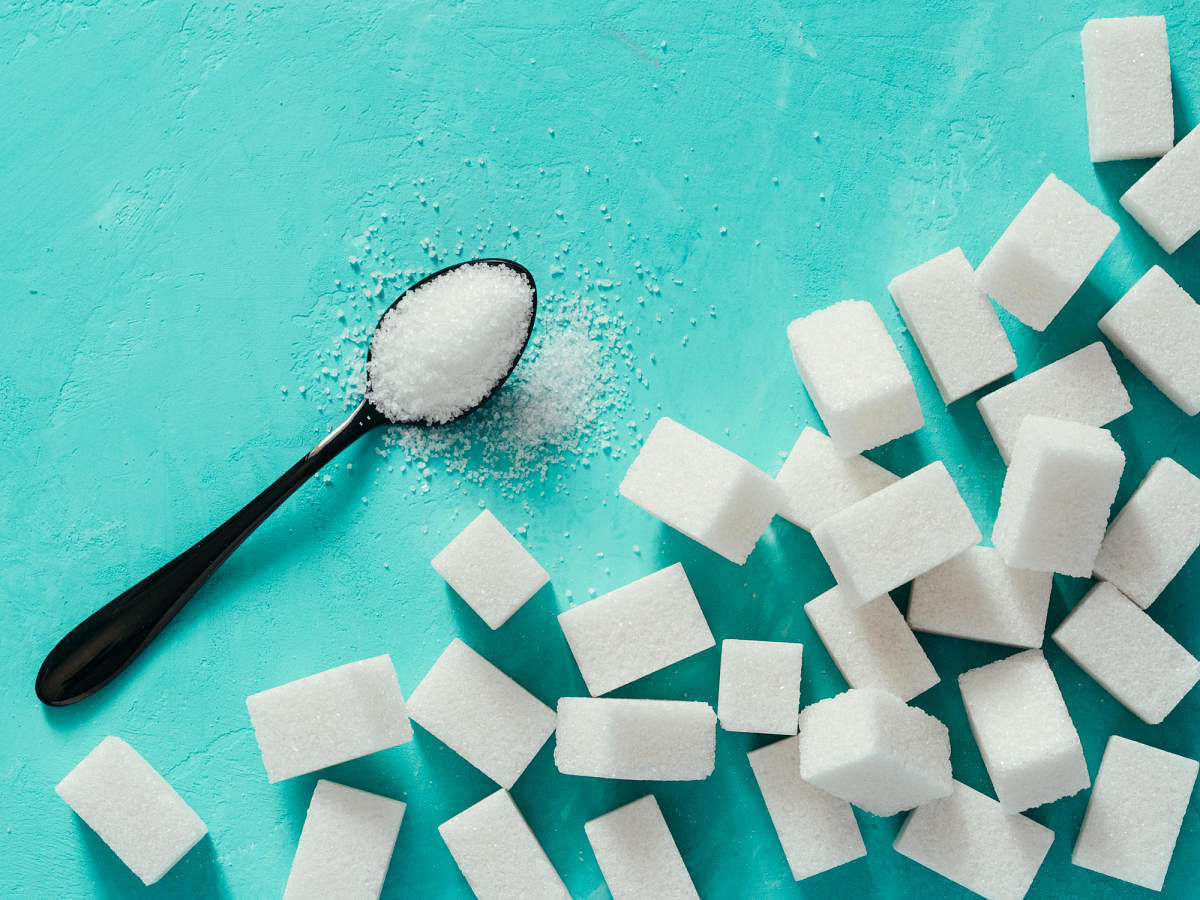
Sugars are an important source of energy that we all need to go about our daily routine. The most important sugar in the body is glucose. Our brain requires around 130 grams of sugar (glucose) per day to keep functioning. You’ll find glucose in all sorts of foods including fruit, vegetables and honey.
Due to health reasons many of us often feel that sugar is bad but without sugar, it would be next to impossible to function properly. Because the brain is so rich in nerve cells, or neurons, it is the most energy-demanding organ.
The simplest form of glucose is nothing but sugar and there are two forms of this sugar: natural sugars are naturally occurring sugars from food items such as fruit, honey, milk which benefit the human body, when consumed in moderation and sugars added during processing and preparation of a product are called “added sugars”, which are, on the whole, detrimental to human health.
The World Health Organisation (WHO) recommends a reduced intake of free sugars throughout the course of our life.
The main reason why sugar has always been deemed as villainous is due to its lack of nutritive value. Apart from contributing to energy, there is no direct evidence of its putative effects. Various health forums and global health portals/organisations recommend that most of the sugar intake should include complex sources as in whole grains, cereals, which take longer to digest. Simple sugars, such as table sugar, honey and syrup, metabolise quickly and are capable of triggering off random fluctuations in
blood sugar, thereby increasing the risk for dental caries, overweight, obesity. .
(The author is chief nutritionist, Cloudnine Group of Hospitals, Bengaluru)